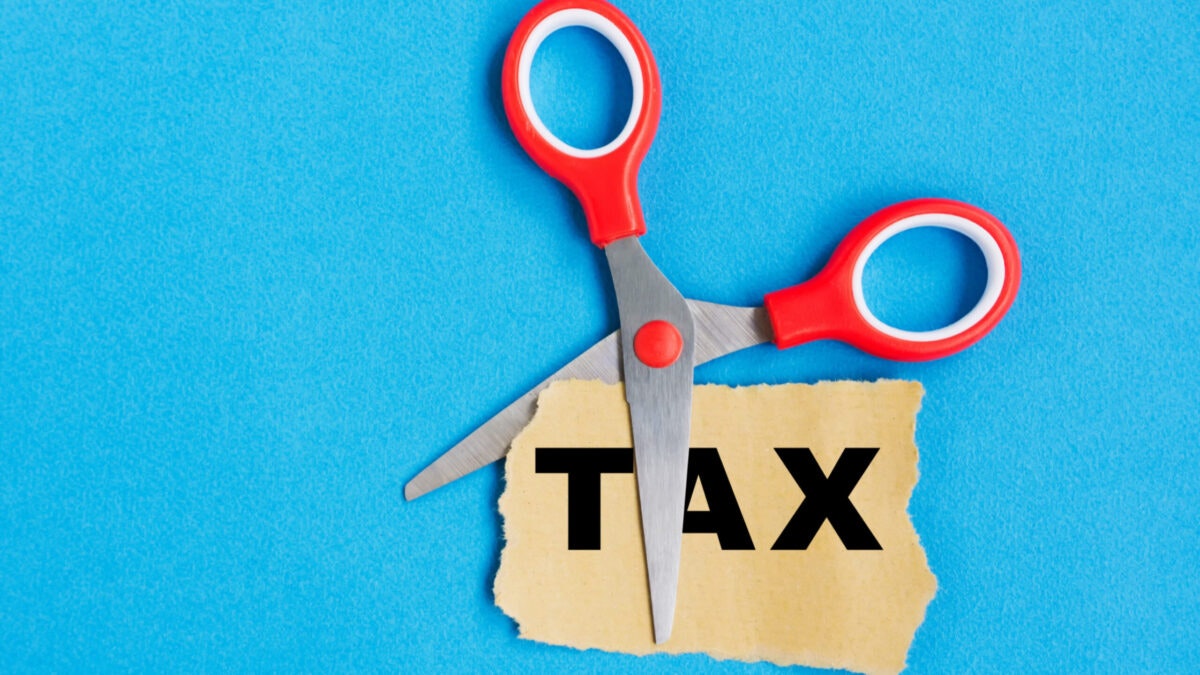Perhaps I should have been more specific. It was 'Trump tax cuts for the rich' which has already been debunked.
Well OK. I'm aware that everyone got a tax cut, so "tax cuts (only) for the rich" would be wrong. That doesn't make "tax cuts mainly for the poor and middle class" right though.
It's complicated. The lowest rate of tax actually went up (from 10% to 12%) however all those people were better off due to a serious increase in the standard deduction. I completely approve the latter: it does nothing for the rich who itemize, but helps everyone else. Likewise, the lowered threshold for 35% taxes is pretty much a wash, since the new threshold is actually higher than where 33% used to cut in (2% being fairly trivial at the low end of that range.)
There are two ways of looking at taxes: the "victims" view from the taxpayer, or the "purposes" view from government. In the former, whoever pays the most tax now, should get the biggest cut in dollar terms. In the purposes view, however, taxation is a necessary evil and the rich
should pay more only because they
can without hardship. Needless to say, I'm of the purposes view not the victimhood view, so a tax cut that returns the most dollars (65.3%) to the top one-fifth of taxpayers, is neither fair nor justified. Any change should make the system more progressive (rich pay more) and neutrality is not enough.
It's only made worse for me, that of the tax cuts which Republicans chose to expire within ten years (to make Reconciliation fit the rules, which it didn't even) it's the poor people's tax cuts not the rich people's tax cuts they chose.
Property field_abstract

www.taxpolicycenter.org
I heed the warning not to copy their graph, but you can look at it for yourself. It's Figure 1.
In numbers:
the bottom fifth of income earners get 0.4% higher after-tax income
the next fifth of income earners get 1.2%
the next fifth (middle quintile) get 1.6%
the next fifth (second highest) get 1.9%
the top quintile (highest fifth) get 2.9% higher after-tax income.
That's a regressive change.
Worst of all, lowering the corporate rate significantly, clearly benefits the rich more than anyone else. Even middle class have most of their capital tied up in a home, rather than in shares. A better approach would have been to collaborate with Europe and sanction Ireland as the most obvious leader in a world-wide race to the bottom in corporate taxes. No-one is bothered by the prospect of corporations moving to Uzbekistan, so it's really only a few developed nations which need to be targetted. The corporatization of America, and conglomeration, are problems way beyond the scale of who can afford a new car this year, or even interest rates they have to pay to buy a house. It's a global problem! I see the 2017 tax cuts as a massive gift to corporations (who unlike small business owners or households, have no good use for profits) and all the household tax changes as an artificial sweetener.


